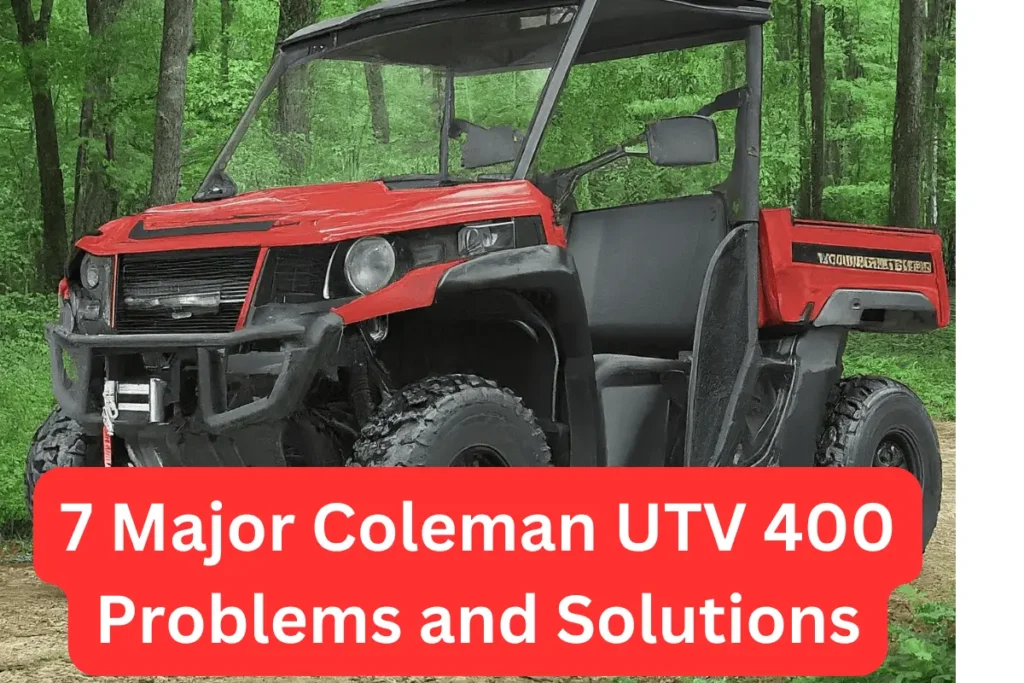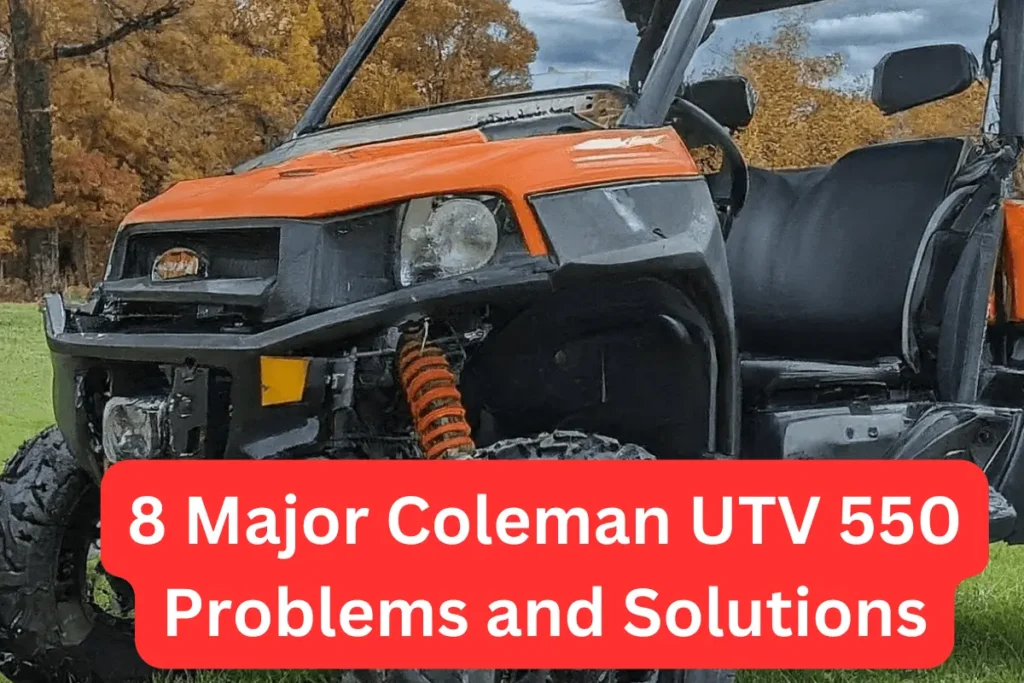When it comes to off-road vehicles, the Honda Pioneer is a popular choice among outdoor lovers. Known for its durability and versatility, the Honda Pioneer offers a range of features that make it suitable for various terrains and activities. However, one question that often arises is whether the Honda Pioneer is street legal in the US. Let’s explore this topic and provide some facts to help you understand the regulations surrounding the use of Honda Pioneers on public roads.
Understanding Street Legal Requirements
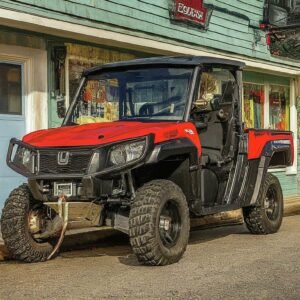
Street legal requirements vary from state to state in the US, so it’s important to familiarize yourself with the specific regulations in your area. In general, to be considered street legal, a vehicle must meet certain criteria set by the Department of Motor Vehicles (DMV) or the state’s governing body. These criteria typically include having proper safety equipment, such as lights, mirrors, turn signals, and a horn, as well as meeting emission standards and having a valid license plate and registration.
Street Legal Considerations for Honda Pioneers
While Honda Pioneers are primarily designed for off-road use, some models can be modified to meet street legal requirements. However, it’s important to note that not all Honda Pioneer models are eligible for street use, as it depends on the specific features and modifications of the vehicle.
One of the key factors to consider is the top speed of the Honda Pioneer. In order to be street legal, a vehicle must be capable of reaching and maintaining a certain speed limit on public roads. Some Honda Pioneer models have a top speed that exceeds the legal limit for off-road vehicles on public roads, which may make them ineligible for street use.
Additionally, street legal requirements often include specific safety features, such as seat belts and roll cages. While some Honda Pioneer models come equipped with these features, others may require modifications to meet the necessary safety standards.
Street Legality of Honda Pioneer Models in the US

When it comes to the street legality of Honda Pioneer models in the United States, there are some differences to be aware of. While certain models may be street-legal in one state, they may not be in another. Let’s take a closer look at the street legality of some popular Honda Pioneer models, including the Pioneer 1000, Pioneer 700, Pioneer 500, and Pioneer 520.
1. Pioneer 1000
The Honda Pioneer 1000 is a powerful side-by-side utility vehicle that is designed for both work and play. In terms of street legality, the Pioneer 1000 is generally not street legal in most states. This is because it is classified as an off-road vehicle and does not meet the necessary requirements to be driven on public roads.
However, some states allow the Pioneer 1000 to be driven on certain roads or under specific conditions. For example, in some states, the Pioneer 1000 may be allowed on roads with a speed limit of 35 mph or lower, or only on roads designated for off-road vehicles. Also, explore Honda Pioneer 1000 Problems.
2. Pioneer 700
The Honda Pioneer 700 is another popular model that offers a balance of utility and recreational capabilities. In terms of street legality, the Pioneer 700 is more likely to be street legal compared to the Pioneer 1000. However, it is important to note that the street legality of the Pioneer 700 can vary from state to state.
Some states may allow the Pioneer 700 to be driven on public roads as long as it meets certain requirements, such as having the necessary safety features like headlights, taillights, turn signals, and a rearview mirror.
Other states may have more specific regulations, so it is important to check with your local Department of Motor Vehicles (DMV) or relevant authorities to determine the street legality of the Pioneer 700 in your state. Continue your journey by reading the issues of Honda Pioneer 700.
3. Pioneer 500 and Pioneer 520
The Honda Pioneer 500 and Pioneer 520 are smaller and more compact models compared to the Pioneer 1000 and Pioneer 700. These models are often used for light utility work and recreational activities. In terms of street legality, both the Pioneer 500 and Pioneer 520 are generally not street legal in most states.
Similar to the Pioneer 1000, they are classified as off-road vehicles and may not meet the necessary requirements to be driven on public roads. However, as with any vehicle, it is important to check with your local DMV or relevant authorities to determine the specific regulations regarding the street legality of these models in your state.
It is worth noting that even if a particular Honda Pioneer model is not street legal in one state, it may be legal in another. The street legality of these vehicles is determined by individual state laws and regulations, which can vary significantly. Before utilizing a Honda Pioneer model on public roads, it is crucial to familiarize yourself with the specific regulations in your state. Continue your journey by reading Honda Pioneer 500 issues and Honda Pioneer 520 issues.
Honda Pioneer Street Legal Parts and Kits
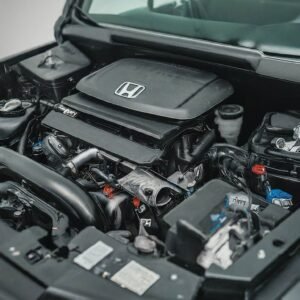
Honda does not produce Pioneer models specifically designed for street use. However, there are aftermarket parts and kits available that can help make your Honda Pioneer street legal.
One popular option is the use of conversion kits. These kits typically include all the necessary components and instructions to transform your Honda Pioneer into a street legal vehicle. They may include items such as lighting fixtures, wiring harnesses, switches, and other necessary hardware. It’s important to choose a reputable kit from a trusted manufacturer to ensure proper fitment and compliance with local regulations.
Additionally, there are various aftermarket parts available that can help you meet the street legal requirements. For example, you can find headlights, taillights, turn signals, and mirrors specifically designed for Honda Pioneer models. These parts are often designed to be compatible with the vehicle’s existing electrical system, making installation easier.
State-Specific Regulations for the Legality of Honda Pioneer in the US
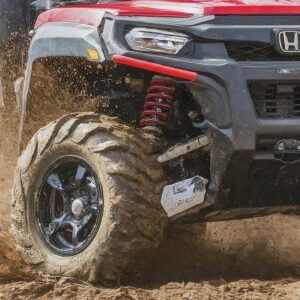
When it comes to owning and operating a Honda Pioneer, it’s important to understand the state-specific regulations that govern its legality in the United States. While federal laws set certain standards, each state has the authority to establish its own rules and requirements for the Honda Pioneer. Let’s take a closer look at some of the key regulations that apply to this popular utility vehicle.
Registration and Titling
One of the first things to consider is the registration and titling requirements for the Honda Pioneer in your state. In most states, off-road vehicles like the Pioneer are not required to be registered or titled for use on private property. However, if you plan to operate your Honda Pioneer on public roads or designated off-road trails, you will likely need to register and title it with the appropriate state agency.
It’s important to check with your local Department of Motor Vehicles or similar agencies to determine the specific registration and titling requirements in your state. Some states may also require you to display a license plate or other identifying information on your Honda Pioneer.
Safety Equipment
Another important aspect of state regulations is the safety equipment required for operating a Honda Pioneer. While the specific requirements may vary from state to state, it’s generally a good idea to ensure that your vehicle is equipped with the necessary safety features.
Common safety equipment requirements for off-road vehicles like the Honda Pioneer may include:
- Seat belts or harnesses for all occupants
- Working headlights and taillights
- Turn signals and brake lights
- Rearview mirrors
- A horn or audible warning device
- Adequate brakes
It’s important to familiarize yourself with the specific safety equipment requirements in your state and make sure that your Honda Pioneer meets or exceeds those standards. The violation of these regulations may result in fines or other penalties.
Operating Restrictions
In addition to registration, titling, and safety equipment requirements, some states impose certain operating restrictions on off-road vehicles like the Honda Pioneer. These restrictions are designed to ensure the safety of both the operators and other individuals who may be using the same trails or roads.
Common operating restrictions may include:
- Age restrictions: Some states have minimum age requirements for operating off-road vehicles, while others may require a valid driver’s license.
- Off-road trail use: Certain areas may have designated off-road trails where the use of vehicles like the Honda Pioneer is permitted. It’s important to respect these designated areas and avoid operating your vehicle in unauthorized locations.
- Speed limits: Some states may impose speed limits for off-road vehicles, especially when operating in close proximity to other individuals or vehicles.
- Alcohol and drug use: Just like operating any motor vehicle, it is illegal and dangerous to operate a Honda Pioneer under the influence of alcohol or drugs.
It’s crucial to familiarize yourself with the specific operating restrictions in your state to ensure that you are in compliance with the law and can enjoy your Honda Pioneer safely and legally.
Conclusion
While Honda Pioneers are primarily designed for off-road use, some models can be modified to meet street legal requirements in certain states. However, it’s important to thoroughly research and understand the specific regulations in your area to determine if your Honda Pioneer can be legally operated on public roads.
Compliance with safety standards, speed limits, and other requirements is essential to ensure a safe and legal driving experience. Always consult with your local DMV or relevant authorities for accurate and up-to-date information regarding the street legality of Honda Pioneers in your state.
